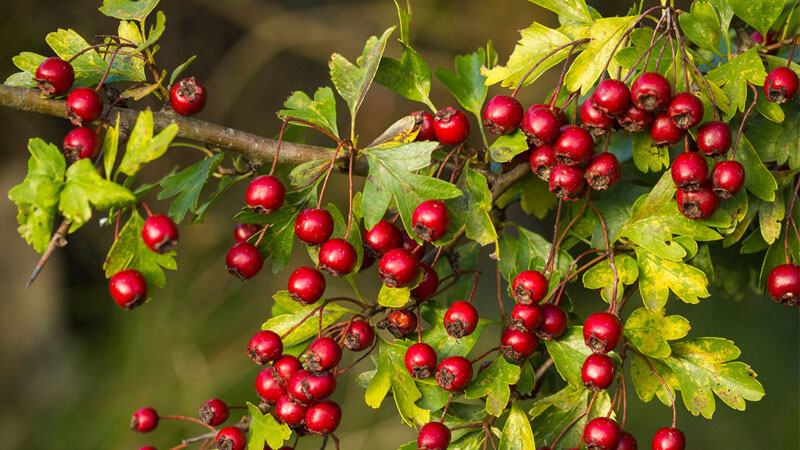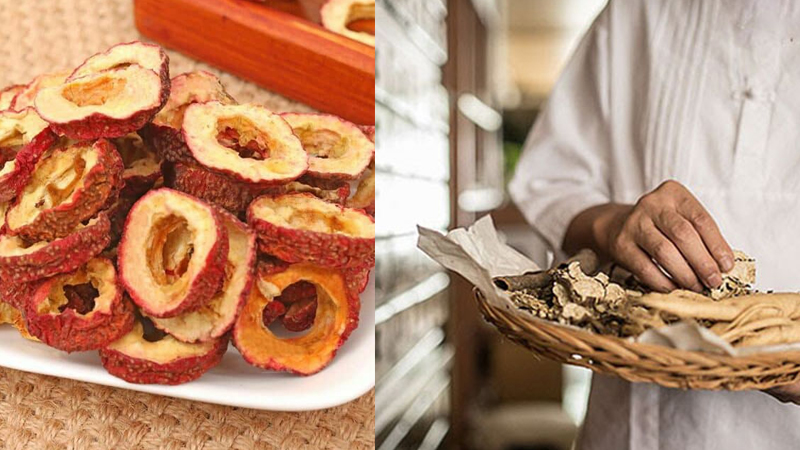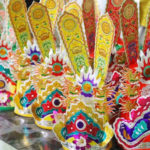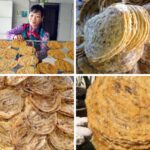The Hawthorn Berry, also known as the Chinese Hawthorn, is an ancient fruit with a rich history in traditional Chinese medicine. This vibrant red berry, native to China, has a unique taste profile – a delightful combination of sweet, sour, and slightly bitter flavors. In Vietnam, it is known as Táo Gai, and it has been cultivated in the northern mountainous regions, including Hoang Lien Son, Cao Bang, and Lang Son.
What is the Hawthorn Berry?
The Hawthorn Berry is a small, bright red fruit with a distinctive flavor. Ranging in color from yellow to dark red or black, these berries can be consumed fresh, juiced, or transformed into various products. Fresh berries can be dried, halved, and made into jams or candies, preserving their unique taste.

Hawthorn Berry, also recognized as Táo Gai
How Much Do Hawthorn Berries Cost?
Historically, Hawthorn Berries were primarily imported from China. However, with increased domestic cultivation in northern Vietnam, these berries have become more accessible and affordable. In the local markets and stores of northern Vietnam’s mountainous regions, fresh Hawthorn Berries are sold for 10,000 to 20,000 VND per kg. In other parts of the country, the price may be slightly higher, ranging from 30,000 to 40,000 VND per kg.
Dried Hawthorn Berries are also available and typically sold at a higher price, with 100,000 to 150,000 VND per kg.
Where to Buy Hawthorn Berries?
Fresh and dried Hawthorn Berries are readily available in local markets and herbal medicine shops in Vietnam’s northern provinces. For those in the southern provinces, fresh berries can be purchased from specialty stores selling northern Vietnamese products. Dried berries are often found in traditional medicine shops.

Hawthorn Berries can be sourced from traditional medicine shops
In Ho Chi Minh City, a well-known location to find these berries is the Eastern Medicine Street in District 5. Here are a few specific addresses:
– Thanh The Eastern Medicine Store: 456 Nguyen Trai, Ward 8, District 5, Ho Chi Minh City
– Gia Hung Traditional Medicine Store: 63 Phu Dong Thien Vuong, Ward 11, District 5, Ho Chi Minh City
– Tam Duc Herbal Store: 158 Bui Ta Han, An Phu, District 2, Ho Chi Minh City
Alternatively, online e-commerce platforms offer a convenient way to purchase Hawthorn Berries, with prices generally consistent with physical stores.
*Note: The mentioned prices may vary depending on market conditions and the time of year.*
“The Diverse Celebrations of the ‘Kitchen God’ Festival in Vietnam’s Three Regions”
“The tradition of worshipping the Kitchen Gods varies across the three regions of Vietnam, each with its own unique timing, offerings, and rituals. Let’s delve into the fascinating details of this ceremony as practiced in the North, Central, and Southern regions, and explore the rich cultural diversity of Vietnam during this auspicious occasion.”
Wanderlust Amidst the Clouds: Exploring the Majestic Violak Mountain Pass to Măng Đen
At the end of May, after the first storms of the season, dawn breaks over the valleys along National Highway 24, which connects Violak Pass in Quang Ngai to the town of Mang Den in Kon Plong, Kon Tum. A thick fog rolls in, blanketing the rugged terrain. The pristine wilderness of the mountains is transformed into an ethereal realm, shrouded in a sea of clouds. This breathtaking spectacle offers visitors a unique and refreshing experience amidst the summer heat, providing a memorable escape from the everyday.
The Ultimate Guide to Traveling丽江 – Shangrila on a Budget: A Journey Without Mandarin.
“For their 8-day, 7-night trip to Lijiang and Shangrila, Mr. and Mrs. Nguyet from Hanoi, Vietnam, crafted their own itinerary with a total budget of 13.5 million VND per person. By planning their trip independently, the couple had the freedom to choose destinations that suited their personal preferences and interests.”


































